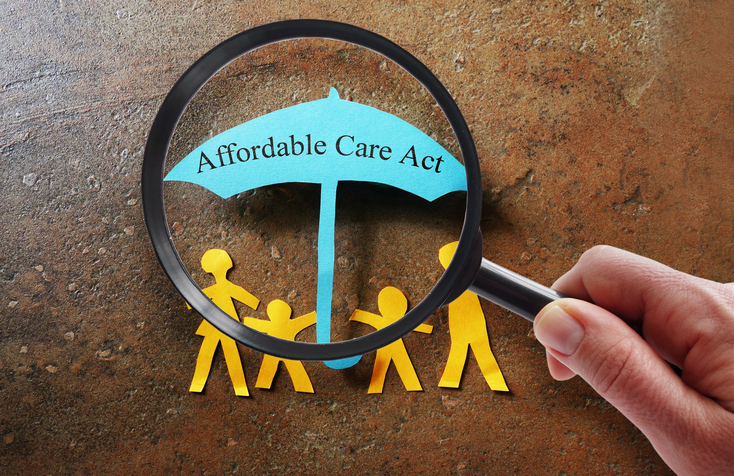I just deposited a check into my bank account by photographing the check with my iPhone and zapping it through cyberspace. I realize this is a yawn to the under 35 crowd. Soon, there won’t be any paper checks as the entire transaction will occur electronically. As a member of the over 35 crowd (plus 20 years), I am wowed by this process. I remember being astonished when my kids told me how they performed this same process a year ago. It’s the same amazement I experienced when I first read about a new piece of technology called a ‘fax machine’.
“You mean you slide a document into a machine and an exact copy emerges elsewhere?”
In my younger days, depositing a check into a bank account meant waiting in line with my bank book in hand waiting for a living, breathing human to count and record my allowance and snow shoveling earnings. The bank that my kids use today has no physical offices. It is entirely in the Twilight Zone.

With the Rise of AI, What IP Disputes in Healthcare Are Likely to Emerge?
Munck Wilson Mandala Partner Greg Howison shared his perspective on some of the legal ramifications around AI, IP, connected devices and the data they generate, in response to emailed questions.
Medicine will not be left behind here. The manner in which medical care will be administered will be beyond what we can imagine. We are seeing glimpses of it already, but our vision of its trajectory is limited. There will be huge advances, but as with all technology, there will be a cost. The traditional doctor-patient relationship will fade out and will no longer be the bedrock of medical care. There will be nostalgia for it from those who experienced it, much as I have warm memories of bank books, rotary phones, ice cream sodas and playing basketball after school in the school yard.
I’m sure there is technomedicine going on today that I’m not aware of and would amazed me. Smart phones and their derivatives will become medical routine diagnostic tools.
Easy stuff
- Tell Siri your history and send a photo of your rash to DERM APP and prescription will arrive at your door in 1 hour.
- Place phone on your chest and cardiopulmonary data will be forwarded to your cardiologist who will transmit medication adjustments to you electronically.
- Shine beam of light through a urine specimen which will confirm if urinary tract infection present.
Hard stuff
- Coronary bypass surgery performed robotically by a surgeon in New York City on a patient in Abu Dhabi.
- Artificial organs created in 3-D printers.
- Miniature cameras journeying through the digestive tract, circulatory system and major organs delivering customized treatment for various diseases.
- Smart phone analysis of saliva sample which will screen for risk factors for 20 common chronic diseases that will have effective preventive strategies.
- Satellite delivery of yet to be discovered form of radiation to the developing world which will decimate food borne illness.
- Patient will place his palm on a glass and an electronic signal will be transmitted to internal organs whose function needs adjustment to treat disease or preserve health.
I still use a stethoscope. It’s not a collector’s item yet, but I don’t think it will be much longer.
[Photo from Flickr user Zeiss Microscopy]















